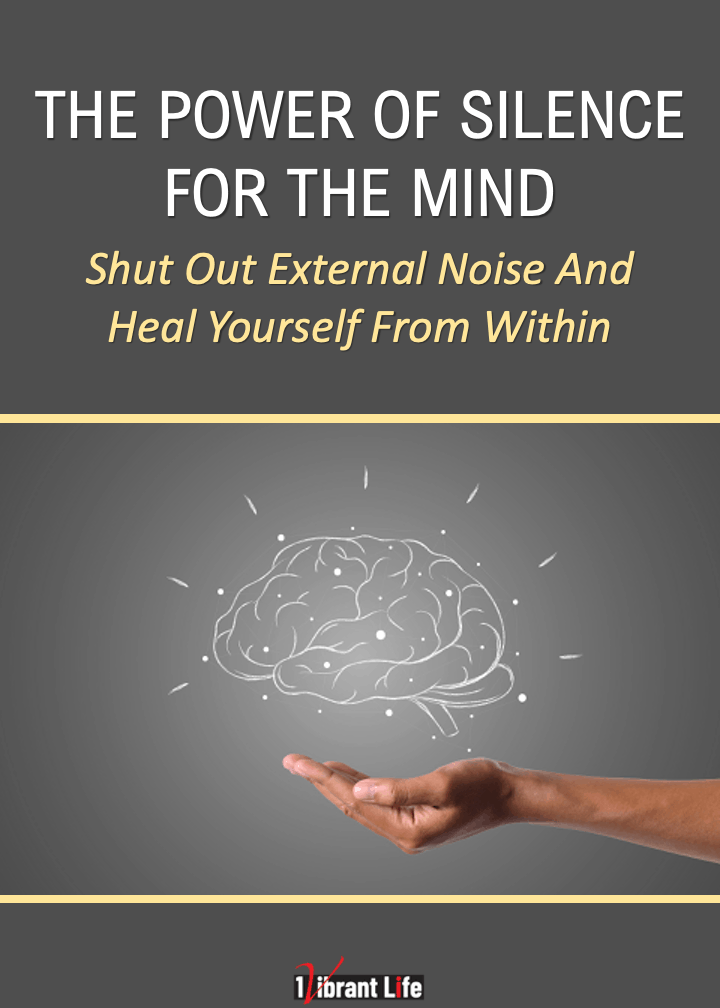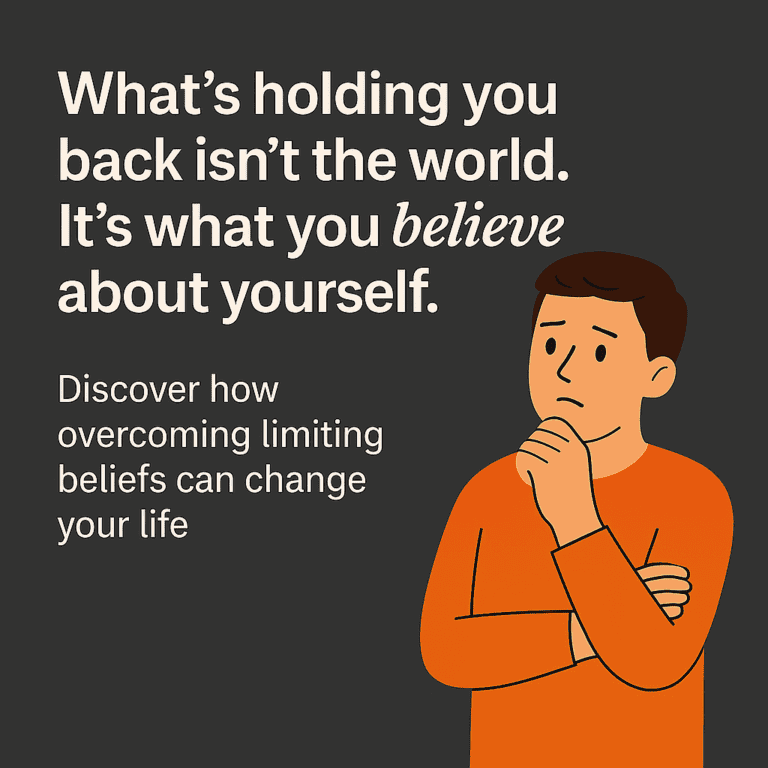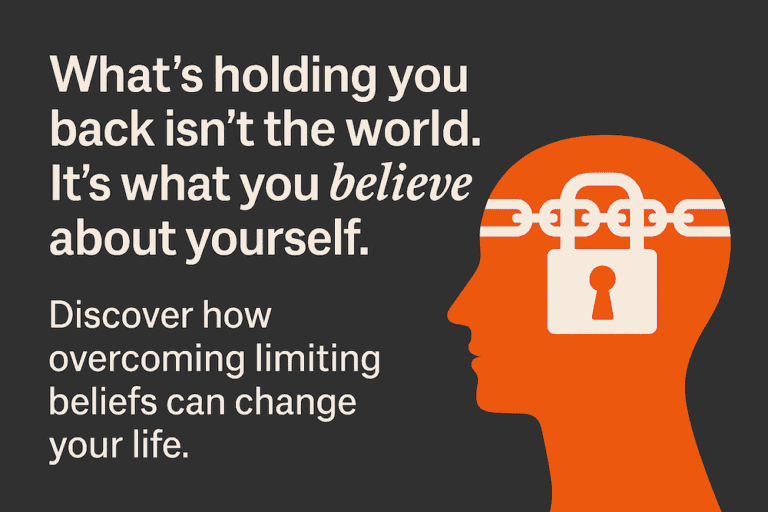Letting Go Of Unrealistic Expectations Can Be Life-Changing
It’s one thing to have high standards, to take pride in what you do, to hold the value of excellence. However, when that tips over into perfectionism and endless striving for unrealistic expectations and unrealistic goals, it can lead to a great deal of stress. Happiness and contentment become elusive and impossible to grasp. We can also get caught in the trap of pessimism and expecting the very worst.
Table of Contents

“Hoping for the best, prepared for the worst, and unsurprised by anything in between.”
~ Maya Angelou, 1928 – 2014 [1]
Claire Law | September 4, 2020
Let go of unrealistic expectations.
There is a cynical and world-weariness to this way of thinking, usually borne out of harsh experience.
Yet, it still is based on an unrealistic expectation that allows little room for pleasant surprises, innovation, and spontaneity.
There is a life-changing and straightforward approach that can go a long way towards restoring serenity: letting go of unrealistic expectations.
Perhaps you are someone who holds unrealistic expectations? Maybe you want to overcome unrealistic expectations you are already aware of?
There are many practical and pragmatic steps you can take towards managing your unrealistic expectations.
Let’s get real as we explore some of these here: Continued…
The Here-and-Now using the powerful tool of Awareness:
Awareness of what is can be a powerful tool in grappling with unrealistic expectations. Awareness is descriptive in nature rather than judgmental.
Becoming more aware of your thoughts, feelings, and sensations allow us to grasp what is, without judgment or expectation.
It simply is as it is.
Some traditions call this approach and technique mindfulness.
Within the realm of philosophy, the European 20th Century philosopher Edmund Husserl is famed for founding the phenomenological approach: an approach to experience that focuses on describing experience and consciousness, putting judgment and expectation to one side to see clearly what is.
Awareness, then, can be a potent tool for recognizing what is happening physiologically, mentally, and emotionally for us in a given moment and how we experience ourselves in relation to what is happening around us.
Awareness can be free of expectation.
We are then in a better position to choose our response and next steps and frame that with a realistic sense of what is.
Paying more attention to the present moment: to your own thoughts and feelings and to the world around you is a good place to start.
Today, try sitting for 5 minutes and looking out of the window.
Aim to narrate or describe what it is you experience. Begin each sentence with the phrase, “right now, I…..” As you try this exercise, first popularised by Fritz Perls[2], founder of Gestalt therapy, notice if anything shifts for you in your sense of self and in the expectations you hold for you yourself.
A fantastic addition to your self-awareness tool kit.

eBook

Audio eBook

eBook
Three personal growth tools for you as a gift for visiting 1VibrantLife.com
Let your “good enough” be “good enough”:
Unrealistic expectations can lead to a pervasive and corrosive feeling of being “not good enough.”
Of course, different people will have different answers to the question of what “good enough” means in the first place.
Consider what you mean by “good enough” and whether that is a realistic expectation or an unrealistic expectation.
Good enough is not perfect. Yet, good enough is good enough!
The phrase “good enough” is associated with the British pediatrician and psychoanalyst D. W. Winnicott in his famous book Playing and Reality[3].
Winnicott described the seemingly never-ending task of the caregiver in responding to a newborn baby’s every need.
The responsive adult responds time and time again to a baby’s cry.
However, Winnicott argued that if that situation carries on for too long, as the baby learns to sit and crawl and walk, the child will never learn to tolerate frustration.
The adult needs to now be “good enough” – meeting many of the child’s needs quickly, but not all of them.
In this way, it is important the adult is good enough but not perfect.
Perfect in this case would not be good enough for the child if they are to learn and develop to manage the inevitable frustration and disappointment of life. Babies, like adults, benefit from learning to have realistic and manageable expectations.
So, if and when you notice the slow creep of unrealistic expectations moving in, when you experience anxiety around being “not good enough,” remember Winnicott’s “good enough” concept.
A helpful affirmation that can be a helpful buster of unrealistic expectations is: “ I trust that I am good enough.”
And, if that feels like easy street for you, take it up a level with:
“no matter what I do, I am still wonderful.”
Expect to be surprised about what these affirmations might feel like in practice. Expect to have your self-expectations challenged!

Pernicious Perfectionism:
Let’s stick with that theme of perfectionism, or rather, accepting that we are not perfect.
We make mistakes. We are human.
Aiming for perfection often comes from a place of fear. A fear of failure, getting it wrong, or being judged as “not good enough”.
We can often fall into the expectation that, if we get everything right, everything perfect, we will be able to avoid anxiety.
Whilst taking pride in doing something well is a mark of healthy self-esteem, it is a fallacy to believe or think that we will or must never make a mistake.
It is a fallacy to believe or think we must be perfect. We will never be able to achieve perfection, so it is an impossible goal that steals our serenity.
Promising contentment, yet an empty, false promise.
The Japanese art form of Kintsugi (金継ぎ) which literally translates as “golden joinery” is used to repair broken pottery.
Rather than hide the imperfection of a crack in the broken vessel, golden lacquer is used to cement and also highlight the flaw.
It’s a powerful reminder of the pottery’s journey and history and reminds us that flaws and imperfections are not to be feared.
Perhaps that can help you, today, to be a little more accepting of your own flaws and imperfections, and a little more realistic in what you can expect of yourself and others.
Audit your Expectations:
The expectations we hold for ourselves and others are often automatic and seemingly unconscious.
At some point, we formed these expectations and accepted them, often with little conscious critical analysis.
It makes sense, then, to complete a reality check every once in a while, to challenge your own automatic thinking around expectations for yourself and others and the assumptions you hold.
Think of it as a thinking audit, much the same as you might complete a financial audit.
For example, a common source of the expectations we hold for ourselves are based on concepts we inherited and introjected from significant people in our lives as children.
Within the psychotherapeutic approach of Transactional Analysis, these ideas are known as “drivers,” Kahler, T,[4] in that they drive our thinking and our expectations.
Drivers could be any one or more of the following:
- Please Me!
- Be Strong!
- Hurry Up!
- Try Hard!
- Be Perfect!
Drivers, then, are the unrealistic expectations we carry around with us. Someone with the driver of “be strong” was perhaps told to toughen up as a child.
As a result, they unrealistically expect that they must never show weakness or vulnerability.
Of course, whilst that’s impossible, drivers can and do exert a huge influence on us in terms of how we negotiate our personal relationships, parenting, careers, and friendships.
Recognizing the drivers for what they are and making the conscious choice to shift down a gear, to be a little more realistic in our thinking and our expectations can be a profound act of self-kindness and self-compassion.
Dr. Kirsten Neff (Associate Professor of Human Development and Culture at the University of Texas) has shown that self-compassion is a powerful antidote to self-criticism resulting from unrealistic expectations.
She discovered that self-compassion is a powerful tool supporting mental wellbeing and health[5].

Whose Responsibility is it?
When we think about expectations, we can consider the expectations we have for ourselves, which may or may not be realistic.
What we expect ourselves to think, feel, and do.
We can also consider the expectations we hold about others, again, which may or may not be realistic.
What we expect others to think, feel and do. It gets even more complicated when we confuse what responsibilities belong to other people and what responsibilities are truly ours.
In doing so, we can package up other people’s responsibilities and add them to our own, already overstuffed and bulky, backpack of burdens.
Burdens of unrealistic self-expectations.
There will be many areas of your life where you have responsibility. But you’re not responsible for the entire human race, or even just everyone in your family.
That’s an unrealistic expectation, which means you don’t need to feel burdened by a responsibility that is not yours.
It’s not your responsibility what others think about you.
It’s not your responsibility to make sure your children are always happy: that’s an unrealistic expectation.
It’s not your responsibility to do everything perfectly. Unrealistic.
It’s not your responsibility to always keep the house in showroom condition.
Again, unrealistic. Having a clear sense of where your responsibility ends can really help to keep things in perspective.
The Take-Away:
Be Self-Compassionate and Realistic in Your Expectations:
So, take a deep breath, connect in some way with the essence of who you are.
Ask yourself what you want and need as a result of reading this article.
Time to process it?
Space to reflect, think and meditate?
Opportunity to practice and experiment with some of the ideas here.
As you begin to form ideas and thoughts, notice them. And, complete the realism check: how many ideas are swimming around your head?
Can you manage to implement them all today?
No: that’s unrealistic.
Breathe, and set the bar a little lower, at a more realistic level.
One idea is enough for today.
One idea is more likely to contribute to that sense of happiness and contentment.
One idea allows for self-compassion and self-love. One realistic expectation is more likely to happen that 5 unrealistic expectations, no matter how well-meaning they are.
Post References :
[1] Angelou, Maya (1979). I Know Why the Caged Bird Sings. New York: Random House.
[2] Perls, F., Hefferline, R., & Goodman, P. (1972). Gestalt therapy: Excitement and growth in the human personality. London, United Kingdom: Souvenir Press.
[3] Winnicott, D. W. (1989). Playing and reality. London: Routledge.
[4] Kahler, T. (1975). Drivers: The key to the process script. Transactional Analysis Journal, (5)3: 280-28
[5] Neff, K. D. (2011). Self-compassion, self-esteem, and wellbeing. Social and Personality Compass, 5, 1-2.

Claire Law is a UK-based Counsellor and Psychotherapist from Preston, Northern England. Claire became a therapist after a career of almost two decades of High School teaching experience. She’s also worked extensively in the Social Care and Charity Sectors, and as a Mental Health Advisor in Higher Education. Claire combines her current Psychotherapy practice with freelance writing on Mental Health, Wellbeing and Psychology topics. She has a passion for Social Justice and environmental causes.
Claire holds a degree from Nottingham University, a Post Graduate Certificate in Education from Leeds Trinity University College and a Post Graduate Diploma in Integrative Psychotherapy from the University of Central Lancashire. She’s completed a wide range of extensive training and certifications in Domestic Abuse, Survivors of Sexual Abuse & Sexual Violence, Suicide and Self-Harm, Expressive Arts Therapy, Gender Variance, Online and Telephone Counselling and Polyvagal Regulation developed by Stephen Porges, a professor of psychiatry at the University of North Carolina and “Distinguished University Scientist” at Indiana University.

My Name is Marty Ward and I’m the creator and publisher of the 1-Vibrant-Life blog.
At the age of 26, in 1984, I was injured in a car accident in which I sustained a traumatic brain injury.
At the time of the accident, I was having a fairly successful life as a musician in Chicago, which included a recent appearance on Star Search 84′ with Ed McMahon and preparing to be included in a group major independent recording contract.
However, after my accident, I was unable to perform or play my instrument. I was out of work and I had lost all confidence in myself and my abilities, felt lost and with no direction.
My injury and my recovery led him down a path of self-improvement, and self-discovery which gave me my life back filled with many amazing experiences and a newfound sense of hope. Learn more about my story on the 1-vibrant-life about page.
CBTCP Certification (Cognitive Behavioral Therapy Certified Practitioner) | 10-16-2021 Certification From The Academy of Modern Applied Psychology, in The Transformative Science of Cognitive Behavioral Therapy, CBT



